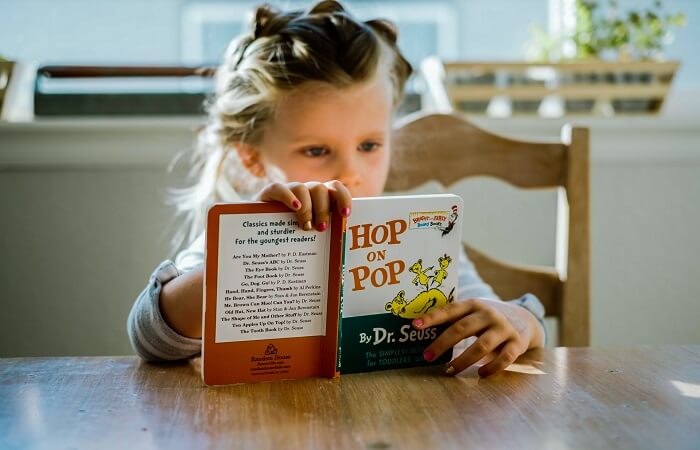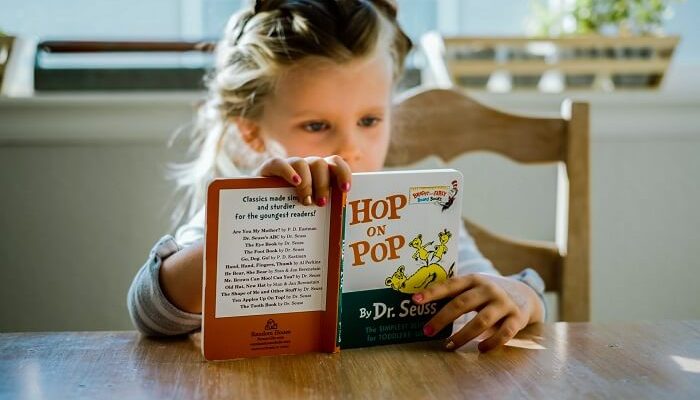
Storytelling is one of the biggest forms of teaching a language to children. The traditional practice even encourages creative thinking, characterization and boosts the storyteller’s confidence. On the other hand, the audience enhances active listening and interactive skills.
Parents understand the importance of storytelling in the development of their children. Moreover, stories teach morality, truth, trust, justice, social behavior, public speaking, communication, and speaking skills.
5 Ways Storytelling Influences a Child’s Development
● Contextual Understanding
Children easily get distracted. However, stories keep them engrossed and even fall asleep if parents recite them at night. On the other hand, communication skills for kids build a contextual understanding of the story, characters, and morale.
Stories have a structured format, and children learn about different types of stories, formats, vocal sounds, recitation, etc. If they enroll in a storytelling class, they incorporate many of these skills. So, they become more self-confident and self-motivated through the contextual understanding developed by reciting and listening to stories.
● Enhances Vocabulary
Parents are aware that children’s stories have a moral, and the words used for describing the context are often relatable for the audience. So, kids become curious about new or unknown words and try to create a contextual understanding of the story after understanding the vocabulary.
Sometimes, children prefer listening to repeated stories, and parents agree to it because it might open imaginative thinking of their child or even develop a curiosity for similar words, phrases, or quotes. As a result, children begin learning synonyms and antonyms from a young age.
● Builds Active Listening Skills
The importance of active listening is often emphasized during corporate training, parent-teacher meetings, and language training. People have started taking additional certification courses to boost their active listening skills and career.
But storytelling is a practice that helps build the reader’s active listening skills and the audience. Children enjoy listening to stories, especially if it is new to them. The excitement in the beginning, middle, and end keep them engrossed. So, the improvement in the children’s listening skills even boosts focus.
● Raises Enthusiasm for Telling Stories
Children often listen to friends, parents, peers, teachers, neighbors, workers, etc. Moreover, each story consists of different characters, roles, aspirations, morale, etc. As a result, children become enthusiastic about creating their stories by traveling during school trips or going out with friends.
Consistently reciting stories becomes a part of the lives of children as they grow older. As a result, they become more informed, prepared, and aware of their surrounding environment, culture, traditions, and social practices. Hence, children can build social communication skills and long-term friends by learning the art of storytelling.
● Inspires Purposeful Talking
Storytelling inspires purposeful talking in children as it requires connecting the dots, i.e., connecting the characters, storyline, and morale. So, children that practice storytelling every day can boost these skills.
The creative thinking and imagination of the children are also enhanced by telling or listening to stories regularly. As a result, children start talking purposefully with their friends, teachers, and classmates.

